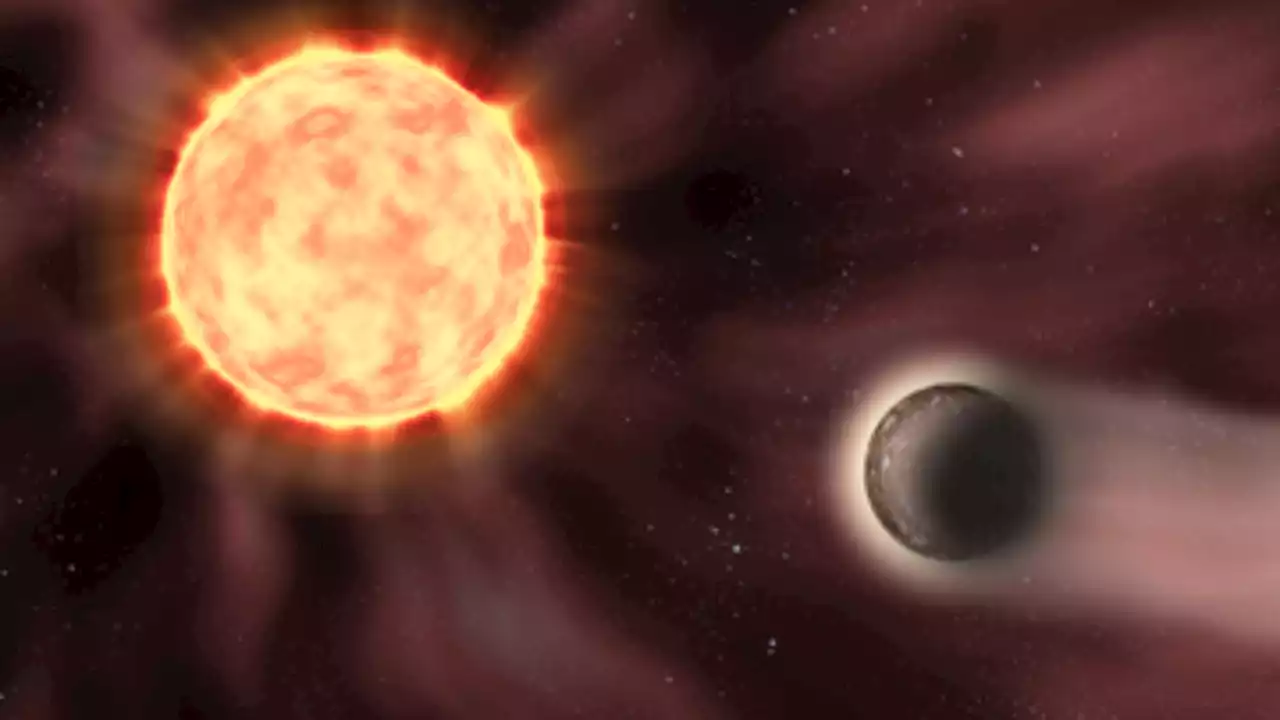Researchers debate whether grandiosity always masks vulnerability
Can you think of a narcissist? Some people might picture Donald Trump, perhaps, or Elon Musk, both of whom are often labeled as such on social media. Or maybe India's prime minister, Narendra Modi, who once wore a pinstripe suit with his own name woven in minute gold letters on each stripe over and over again.
Now brain science is contributing to a better understanding of narcissism. It's unlikely to resolve the debate, but preliminary studies are coming down on the side of the clinicians: vulnerability indeed seems to be the hidden underside of grandiosity. Not being able to live the idealized versions of herself—which include visions of being surrounded by friends and fans who love and idolize her for her beauty and talent—leaves Tessa profoundly distressed. “Sometimes I simultaneously feel above everything, above life itself, and also like a piece of trash on the side of the road,” she says. “I feel like I'm constantly trying to hide and cover things up. I'm constantly stressed and exhausted.
The god Nemesis then curses Narcissus, causing him to fall in love with his own reflection in a pool of water. Narcissus becomes hopelessly infatuated with his own image, which he believes to be another beautiful being, and becomes distraught when he finds it cannot reciprocate his affection. In some versions of the story, he wastes away before his own likeness, dying of thirst and starvation.
The two manifestations of narcissism are also linked to different kinds of problems in relationships. In grandiose states, people with NPD may be more vindictive and domineering toward others, whereas in vulnerable phases they may be more withdrawn and exploitable. To Diana Diamond, a clinical psychologist at the City University of New York, such findings suggest that the mask model is too simple. “The picture is much more complex—vulnerability and grandiosity exist in dynamic relation to each other, and they fluctuate according to what the individual is encountering in life, the stage of their own development.”
The unwillingness to seek therapy is especially true of “malignant narcissists,” who, in addition to the usual characteristics, exhibit antisocial and psychopathic features such as lying chronically or enjoying inflicting pain or suffering on others. An Adverse Childhood? Research with identical and nonidentical twins suggests that narcissism may be at least partially genetically heritable, but other studies indicate that dysfunctional parenting might also play a significant role. Grandiosity may derive from caregivers holding inflated views about their child's superiority, whereas vulnerability may originate in having a caregiver who was cold, neglectful, abusive or invalidating.
Cyberball tests how well people deal with social exclusion. Participants are told that they're playing with two other people, although they are actually playing with a computer. In some rounds, the virtual players include the human participant; in others, the virtual players begin by tossing the ball to everyone but later pass it just between themselves—cutting the participant out of the game.
United States Latest News, United States Headlines
Similar News:You can also read news stories similar to this one that we have collected from other news sources.
 Frequently Asked Questions (FAQ)Frequently asked questions about the Society for Science, memberships, Science News subscriptions, advertising opportunities, and more.
Frequently Asked Questions (FAQ)Frequently asked questions about the Society for Science, memberships, Science News subscriptions, advertising opportunities, and more.
Read more »
 Narcissism and Emotional Neglect: The Surprising ConnectionChildhood emotional neglect can cause narcissism or excessive selflessness.
Narcissism and Emotional Neglect: The Surprising ConnectionChildhood emotional neglect can cause narcissism or excessive selflessness.
Read more »
 'Remember Mary Marvel': Shazam's Sister Finally Confronts Her Fans' Worst Fears about Her New RoleDon't forget Mary Marvel!
'Remember Mary Marvel': Shazam's Sister Finally Confronts Her Fans' Worst Fears about Her New RoleDon't forget Mary Marvel!
Read more »
 The powerful winds of super magnetic stars could destroy the possibility for life on their exoplanetsRobert Lea is a science journalist in the U.K. whose articles have been published in Physics World, New Scientist, Astronomy Magazine, All About Space, Newsweek and ZME Science. He also writes about science communication for Elsevier and the European Journal of Physics. Rob holds a bachelor of science degree in physics and astronomy from the U.K.’s Open University. Follow him on Twitter sciencef1rst.
The powerful winds of super magnetic stars could destroy the possibility for life on their exoplanetsRobert Lea is a science journalist in the U.K. whose articles have been published in Physics World, New Scientist, Astronomy Magazine, All About Space, Newsweek and ZME Science. He also writes about science communication for Elsevier and the European Journal of Physics. Rob holds a bachelor of science degree in physics and astronomy from the U.K.’s Open University. Follow him on Twitter sciencef1rst.
Read more »
 Computer Science News -- ScienceDailyComputer Science. Read all the latest developments in the computer sciences including articles on new software, hardware and systems.
Computer Science News -- ScienceDailyComputer Science. Read all the latest developments in the computer sciences including articles on new software, hardware and systems.
Read more »
 Materials Science News -- ScienceDailyMaterials Science News and Research. Read all the latest in materials engineering, chemical engineering, and more.
Materials Science News -- ScienceDailyMaterials Science News and Research. Read all the latest in materials engineering, chemical engineering, and more.
Read more »
